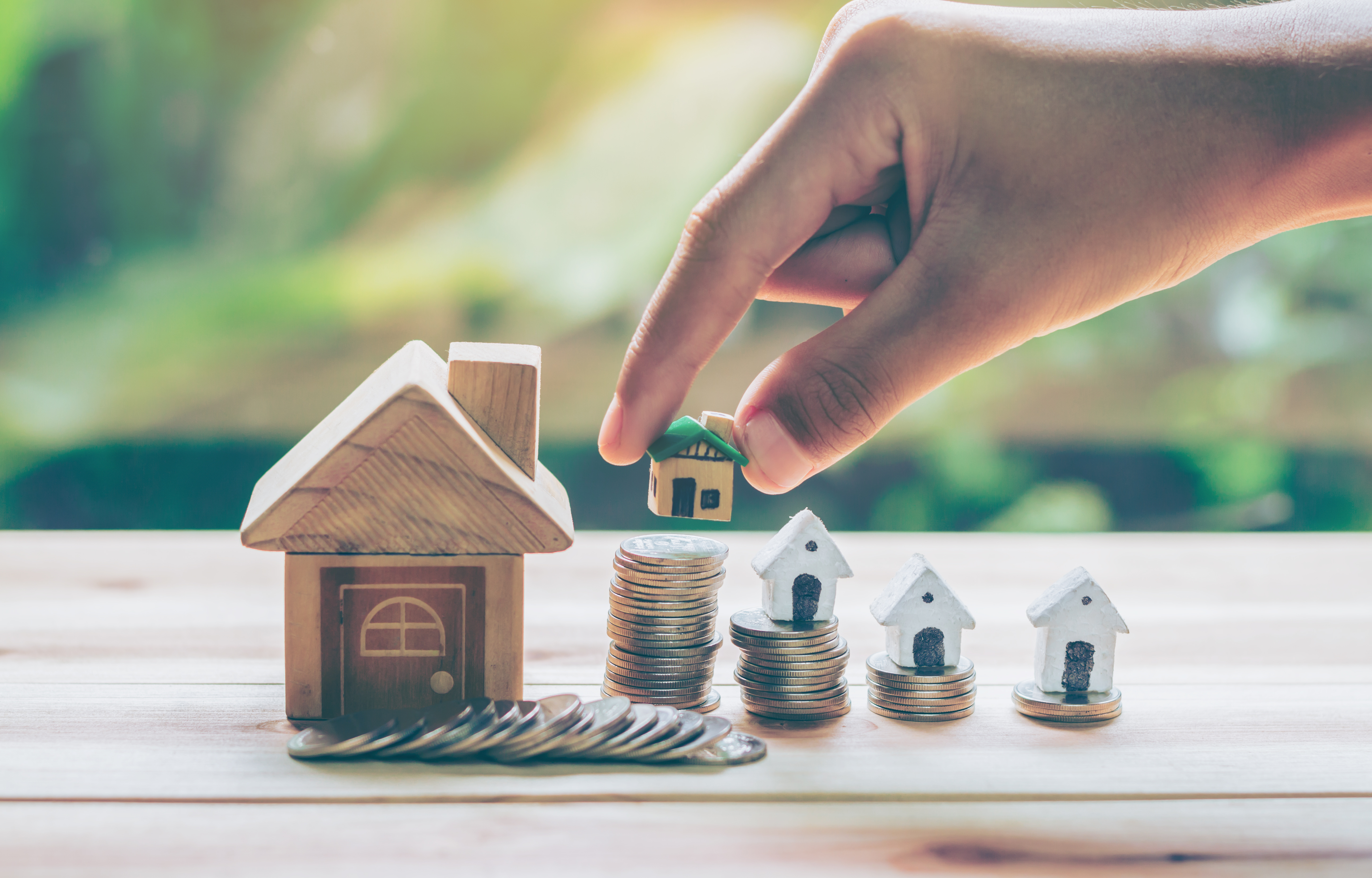Using the Brexit downturn to invest in property? This is what you need to know
Planning on buying property as an investor? It can be lucrative, but there are few things you need to know

Get small space home decor ideas, celeb inspiration, DIY tips and more, straight to your inbox!
You are now subscribed
Your newsletter sign-up was successful
Has the drop in house prices caused by Brexit made you consider investing in property? Perhaps your dream is to have a large property portfolio, or maybe you are just taking the first steps into property investment by looking into a buy to let mortgage?
There are many compelling reasons to invest in property: you’ll earn a passive income, reap the benefits of capital growth and you can utilise leverage. In essence, property is an incredibly advantageous industry, offering endless profit-fuelled possibilities.
Matthew Firth, Managing Director of established property developing company Granville Developments offers his insight and advice on what to consider before making those all-important purchases.
1. Try before you buy
Be sure to properly tour properties, ensuring the house is fit for purpose before purchasing. On paper, many builds can tick boxes on your checklist but guaranteeing that the property meets minimum security requirements, being habitable according to health and safety regulations, is crucial. Necessities such as boilers and alarm systems may need checking, as they can become costly to replace if they aren’t in good working order when the property is purchased. I would advise touring homes with an experienced inspector or contractor. It can prove to be an invaluable exercise as they are able to give their professional opinion on the building before you make your final decision.
2. Don’t scrimp on quality
Property development does involve a lot of upfront costs, it can therefore be tempting to cut costs where possible. However, to be a sound investment you need to ensure that your developer hasn’t scrimped on the property. There are a few areas to look at to see if your home has been built to a high specification. Low cost materials are often an indication of their quality, so when it comes to flooring, appliances and property exteriors it is important to see that high quality materials have been used. If they’ve spent money on the finish, this is a good indication to the untrained eye that they haven’t scrimped on hidden items. High quality items are also a better investment as they tend to wear well in the long-term, meaning you won’t incur any further unnecessary costs in the near future.
3. Put personal taste to one side
Investing in a property can become a passion project and as such, it can be easy to fall into the trap of developing your own dream home instead of what the tenant might desire. Your personal preference on colour or interior design can’t cloud your judgement; buyers want to visualise their belongings in a house when they view it so keeping things clean, simple and understated will go some way to ensuring they can envisage their lives in the property. It’s equally important to tailor your investment to the kind of person you know will be interested in the property; is the home ideal for families or young professionals? Is there any merit in creating a high-spec property, or will simple fittings suffice? Keep your ideal tenant’s needs in mind at all times when building or renovating.
4. Consider a new build property
When buying a property to rent, purchasing a new build can have its perks. If period features or historical individuality aren’t a priority, brand-new properties make for low maintenance and easy starting points for anyone venturing in to the world of property investment for the first time. Not only are they more likely to be reliably built and energy efficient, but most come with structural warranties which offer a great deal of reassurance for investors and those looking to rent from you. Depending on how early in the construction process you purchase, you are also able to have some input when it comes to the fixtures, floorings and fittings!
Get small space home decor ideas, celeb inspiration, DIY tips and more, straight to your inbox!
5. Prioritise location
If a house has beautifully manicured gardens, generous living spaces or a lot of land, this all pales into insignificance if it is nowhere near local amenities or good transport links. Not considering the location of your property can be hugely detrimental to its resale or rental value. A promising location doesn’t have to be the most expensive either, there could be a variety of reasons someone would want to live in a particular location. It is down to you to match the kind of property you can afford with locations your target audience would seek. For example, if you’re looking to purchase a home that would suit a young family, pursue one in a location with access to good, local schools.
6. Make a plan and stick to it
We all know that only considering the short-term future can be bad for any business, the same can be said for your property portfolio. Don’t be tempted by temporary trendy locations or cutting corners in order to make a quicker buck. Know your budget, be realistic about your investment goals and try not to sway from this. Monitoring the market and weighing up the risk and reward of buying at certain times is a crucial part of successful property investment. The more research you carry out and the more knowledge you obtain, the better the chance of your investment paying off.
More property related reading:
Anna is a professional writer with many years of experience. She has a passion for contemporary home decor and gardening. She covers a range of topics, from practical advice to interior and garden design.